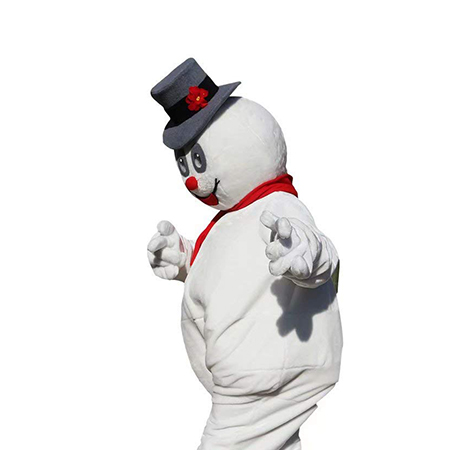In a world in which entertainment, advertising, and public activities are crucial elements of each day life, mascots play a tremendous role in attractive audiences. a few of the myriad of costumes, lion mascot costumes stand out due to their majestic attraction and regularly occurring popularity. but, the usage of those costumes increases crucial ethical questions concerning privateness, consent, and identity. this article delves into the ethical considerations surrounding using lion mascot costumes, specializing in how they intersect with man or woman rights and societal norms.
At its center, a lion mascot costume is designed to embody the spirit and characteristics of a lion, regularly symbolizing power, braveness, and the Aristocracy. those attributes make lion mascots famous choices for sports activities teams, companies, and public events aiming to task a powerful picture. but, the very essence of donning a mascot gown involves a degree of anonymity which can cause ethical dilemmas.
one of the number one worries associated with lion mascot costumes is the invasion of privacy. whilst the wearer may also stay nameless to the target market, certain contexts require them to have interaction closely with individuals or organizations. as an instance, at kids’s birthday parties or community activities, the man or woman within the lion mascot costume might have interaction in activities such as posing for photos, participating in video games, or even giving small presentations. those interactions necessitate a level of transparency approximately the character of the performance, together with whether or not the character within the gown is an worker of the employer or a volunteer.
furthermore, the difficulty of consent extends past the ones directly worried in sporting the gown to the broader target audience. Spectators, in particular minors, won’t completely recognize the artificiality of the mascot’s persona. This lack of knowledge can create an surroundings wherein the bounds among reality and phantasm blur, probably leading to misunderstandings or unrealistic expectancies. it’s far crucial for organizers to offer clear statistics to attendees approximately the character of the mascot performances to make sure that all participants are making knowledgeable decisions.

moreover, the concept of consent inside the realm of lion mascot costumes also applies to the folks that choose to don these clothes. The bodily needs of sporting a mascot costume, such as warmth exhaustion, restricted mobility, and restrained imaginative and prescient, can pose big demanding situations. consequently, it’s miles vital that the ones liable for hiring or assigning roles make sure that prospective mascot performers deliver specific, knowledgeable consent after being made aware of the capability risks and discomforts concerned. moreover, supplying ok breaks, hydration, and help can mitigate a number of those challenges.
some other dimension of the ethics of hide includes the portrayal of animals via human-operated costumes. the usage of lion mascot costumes increases questions about animal representation and the ability perpetuation of dangerous stereotypes. even as these costumes are intended to entertain and encourage, it’s miles crucial to approach their use with sensitivity and admire for the creatures they represent. avoiding any form of cultural appropriation or derogatory depiction is vital to retaining ethical standards.
In end, navigating the ethics of conceal with lion mascot costumes calls for a balanced technique that considers privacy, consent, and respectful representation. obvious communique with each performers and audiences, coupled with considerate engagement practices, can help mitigate among the ethical issues associated with these costumes. As society continues to conform, so too ought to our approaches to amusement and overall performance, ensuring that they align with modern values of admire and dignity for all parties worried.